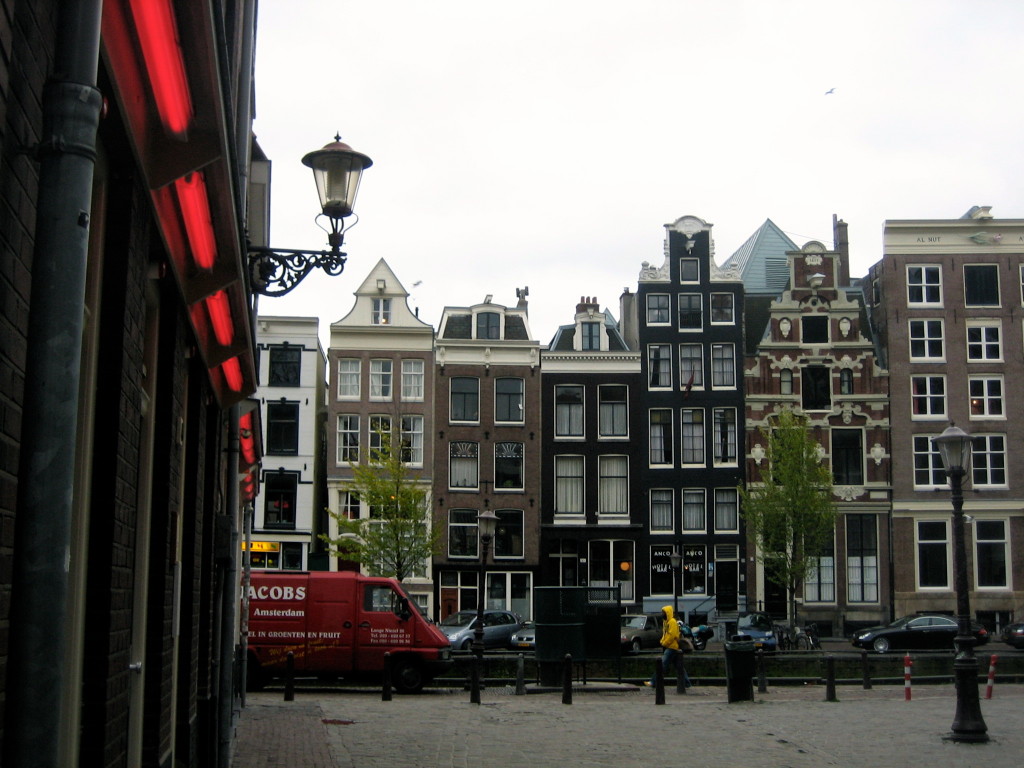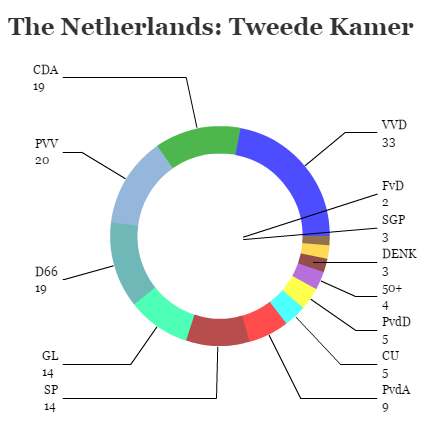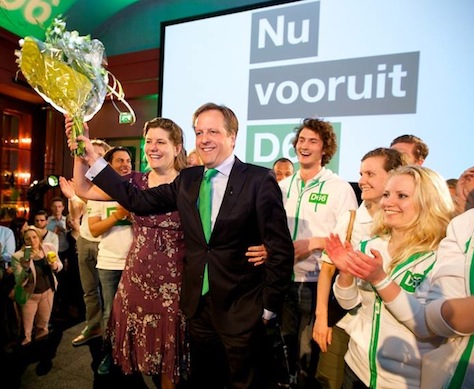
Increasingly over the past three decades, The Netherlands has become a haven for controversial policies on social issues — prostitution, physician-assisted euthanasia and, of course, drug legalization.
Just this week, the Dutch made global headlines by firing an employee of its central bank who failed to report that she was moonlighting as a sex worker.
But even as states like Washington and Colorado experiment with legal marijuana regimes, and as the US justice department falls back from the aggressive prosecution of a ‘war on drugs’ that for decades swelled the US prison population with non-violent drug offenders, it’s the Dutch who are now second-thinking the permissive regulatory approach that transformed Amsterdam into a pleasure capital, where locals and tourists alike could indulge in vices prohibited elsewhere in the world. The bold steps toward full legalization in Washington and Colorado, however, are bringing marijuana into the mainstream. Seattle, Denver and Boulder are now the laboratories for the world’s most progressive drug reforms, not Amsterdam.
* * * * *
RELATED: Jamaican government targets legalizing ganja by September [June 2014]
* * * * *
Dutch liberalization, which dates back to the 1970s when officials embraced a policy of gedoogbeleid (tolerance) for soft drug use, was always an experiment in half-steps. Selling small quantities at Dutch ‘coffee shops’ or growing cannabis for personal use were decriminalized, but the wholesale trade in marijuana remained illegal. That kept the weed trade firmly in the ‘gray market’ — neither fully prohibited nor fully welcomed.
Though Amsterdam’s tourism industry resisted attempts to restrict marijuana use to Dutch citizens alone, it hasn’t stopped Dutch prime minister Mark Rutte’s government from introducing new restrictions that make it more difficult for non-nationals to smoke weed in The Netherlands. Since 2011, new laws give municipalities a wide berth to establish just how permissive they’d like to be. That means that while Amsterdam has largely resisted the crackdown, other cities, especially border towns like Maastricht, have embraced the tighter restrictions with enthusiasm. New police powers took effect last month allowing officials to prosecute those who facilitate the widespread cultivation of marijuana, such as ‘grow shops’ that sell the the equipment necessary to grow marijuana plants.
The result? A greater role for organized crime in the marijuana trade:
The result: Coffee shops are increasingly buying buds from criminal organizations willing to absorb the risk of prosecution by growing large amounts of cannabis in shipping containers buried underground, with little regard for quality or mold abatement. “It’s amazing how bad the quality has become,” says Bergman. “And the price is up. It’s what we’ve all predicted.”
It’s an ironic result for a party like Rutte’s Volkspartij voor Vrijheid en Democratie (VVD, the People’s Party for Freedom and Democracy), one of the most successful economic liberal parties in all of Europe. Rutte’s predecessor, the Christian democratic Jan Peter Balkenende, was even more hostile to marijuana, and he pushed for legislation that would require all coffee shop visitors to acquire a ‘weed pass.’ Though that didn’t happen, subsequent Dutch governments have chipped away at drug liberalization, and the number of coffee shops in Amsterdam alone fell in the last decade by about one-third.
Nevertheless, the Dutch lessons were palpable. The most enduring lesson for US policymakers was the distinction between soft drugs and hard drugs. By taking a more permissive attitude to soft drugs like marijuana, Dutch officials could devote more resources to reducing the trade in harder drugs like heroin. While the United States took a tougher approach to hard-core drug users in the 1990s, The Netherlands treated heroin use, for example, as a public health issue instead of a crime problem. Twenty years later, with heroin use once again on the rise globally, it’s the United States that is taking the Dutch approach to addiction at every level of government — from US attorney general Eric Holder, who has pushed to end long, mandatory sentences for drug offenses, to Vermont governor Peter Shumlin, who’s made heroin treatment a pillar of his state government.




